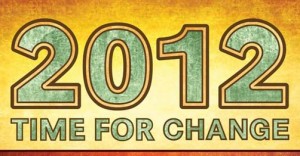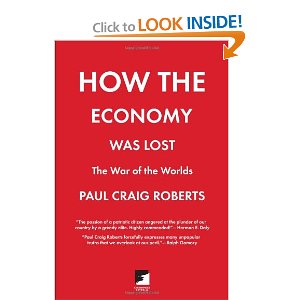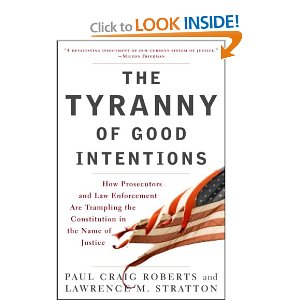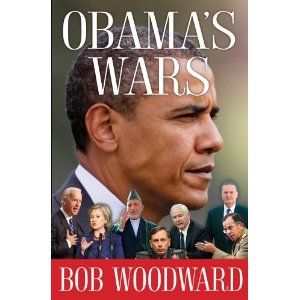
John P. Avlon
![]() Theater–Follow the Money to Understand
Theater–Follow the Money to Understand
October 28, 2010
Unquestionable a great book, with one big missing piece: it does not follow the money back to Wall Street. Buckminster Fuller understood in the 1960's that the White House had become theater, I did not understand his meaning until the economic meltdown and my noticing that Goldman Sachs has provided the Secretary of the Treasury for the last six or so Administrations.
The Tea Party, a grand mix of idealistic individuals who really think they have a shot at making a difference, is funded by the Koch Brothers, and all the other wing-nuts this book discusses all have financial underpinning that serve a purpose: to create theater. They are the American version of a political circus that keeps people's eyes off the raw fact that the US is a two-party tyranny with election manipulation so embedded that we no longer qualify as a democracy according to international standards.
NOTE: To investigate funding yourself, just search, my preferred search portal is Duck Duck Go, for <Koch Tea Party funding>
Wing-nuts is an “order of battle” for the extremist fringe, but it does NOT explain why the US government and US economy are in the toilet. For that we need just one word: INTEGRITY (lost).
The wing-nuts are getting their time in the sun because the extreme wealthy that have hollowed out America, exported all the skilled jobs, allowed illegal immigration so they could pay even less for unskilled labor, are now nervous. Bush Junior did his eight, Obama gave Wall Street four more years, right now the best that Wall Street can think of is making the next four years a complete circus.
`All that is necessary for the triumph of evil is that good men do nothing' (or words to that effect). Edmund Burke and Justice Brandeis are both cited on this one. It says a lot when two comedians make more sense and demonstrate more integrity than all of our Senators, Representatives, and Executive Branch officials. Perhaps it really does take a comic (or two) to save a Nation.
Just one of many books supporting my suggestion that this is all theater:
Empire of Illusion: The End of Literacy and the Triumph of Spectacle
My own book, Election 2008: Lipstick on the Pig (Substance of Governance; Legitimate Grievances; Candidates on the Issues; Balanced Budget 101; Call to Arms: Fund We Not Them; Annotated Bibliography) is also free online and provides a sane intelligent alternative to wing-nut theater and the two-party tyranny funded by Wall Street, led by Goldman Sachs.
You can find all of my non-fiction reviews sorted into 98 categories at Phi Beta Iota the Public Intelligence Blog. I have also created lists of reviews (e.g. corruption, education) and two master lists. The negative list is everything that is wrong with America and the world, the positive one everything that is right or could be right. Both those lists are also at the Huffington Post. It's time to restore the integrity of our Republic, that must of necessity begin with Electoral Reform.











